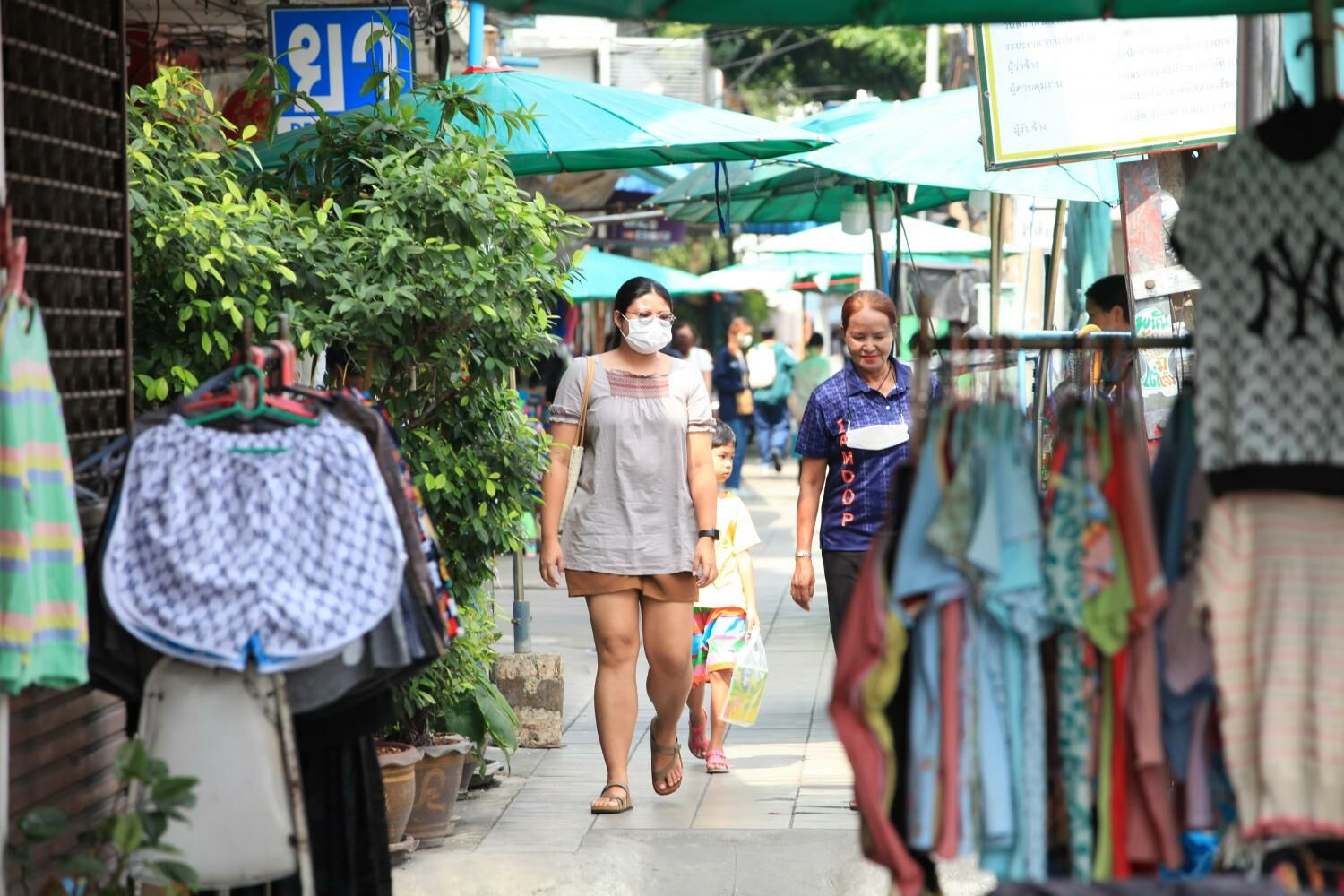Thailand’s inflation drop fuels economic slowdown fears

Concerns are heightening among analysts over Thailand’s first year-on-year inflation decline in 25 months. The drop in the Consumer Price Index (CPI) is viewed as an indication of increasing risks of economic deceleration and deflation.
BofA Securities, previously known as Bank of America Merrill Lynch, highlighted that the inflation figure for October signified the first year-on-year decline since August 2021. It fell significantly below the consensus forecast of a 0.05% hike.
The research note from the investment banking division of Bank of America released yesterday, November 8, Tuesday stated that these lower inflation figures reflect a growing economic slowdown, in line with our weak consumption data and stalled domestic demand.
This statement followed the release of October’s headline CPI figures by the Commerce Ministry on Monday. The CPI decreased 0.31% from the previous year and 0.28% month-on-month, in stark contrast to the 0.3% year-on-year increase in September.
Government subsidies, particularly for fuels and electricity, and a slowdown in the food and non-alcoholic beverage sectors were attributed to the decrease. BofA noted that the recent inflation data fell below expectations, indicating the Thai economic recovery, apart from the tourism sector, remains weak.
“With declining domestic consumption momentum and slower tourism growth, it is unlikely there will be demand-pull inflationary pressure on core inflation.”
Inflationary pressures
Maybank Securities pointed out that as core inflation remained steady at a low level of 0.7% in October, compared with 0.6% in September, it implies that weak domestic demand, particularly in investments, and lacklustre exports are keeping inflationary pressures at bay, reported Bangkok Post.
The brokerage predicted that Thailand’s CPI headline inflation would remain around 0% for the rest of the year, averaging 1.5% this year.
Maybank Securities stated that there are growing signs the demand shock from Thai Prime Minister Srettha Thavisin’s government’s economic policies may be smaller than previously outlined.
They added that declining inflation is likely to elevate real interest rates, providing the Bank of Thailand with more policy space to respond to growth and inflation developments next year.
Kasikorn Securities (KS) noted that October was the first month the Thai economy entered a deflation zone, with a year-on-year contraction of inflation and core CPI stable near 0%.
“Thai inflation is considered low compared with other countries in the region and remained below the target of 2% for six consecutive months.”
Fourth quarter inflation
The brokerage foresees inflation staying close to zero throughout the fourth quarter.
Nuttaporn Triratanasirikul, deputy managing director of Kasikorn Research Centre (K-Research), believes it’s premature to say the Thai economy is nearing deflation as GDP continues to grow and there’s no significant workforce reduction.
Nuttaporn explained to the Bangkok Post that slowing consumption is partly due to high household debt, while income has not risen.
K-Research maintains its GDP growth forecast for 2023 at 3%, citing robust exports in the final quarter. Although the centre has not released a forecast for 2024 growth, it projects expansion in a range of 3% to 4%, according to Nuttaporn.
Follow more of The Thaiger’s latest stories on our new Facebook page HERE.
Latest Thailand News
Follow The Thaiger on Google News:


























